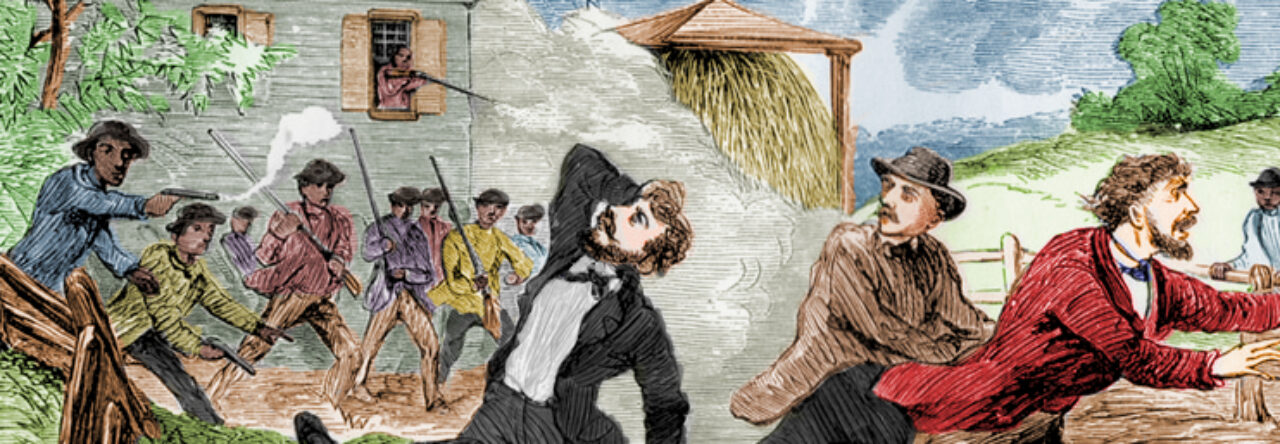Levin Still, Jr. was an enslaved man and the older brother of Philadelphia vigilance leader William Still. After Still’s mother Sydney (later Charity) escaped, Still’s slaveholder sold him and his brother to Kentucky, and eventually Alabama, where he died.
ESSAYS: Larson
ROLES: Freedom Seeker
